You’ve seen the headlines everywhere: “Recession looming,” “Inflation uncertainty,” and “Mortgage rate volatility.” Conversations at work, at the local coffee shop, or even around the dinner table probably sound similar: “Maybe we should wait until the recession hits before making a real estate move.” It’s understandable. On paper, recessions seem like they should bring falling prices and lower interest rates, creating the perfect conditions to buy or prompting urgency to sell quickly before values decline.
But here's the truth from someone who’s been through multiple market cycles in Metro Detroit: real estate markets rarely behave exactly as expected. Instead of making emotional or speculative decisions based solely on the fear of recession, it’s better to look at history, current data, and local market dynamics to truly understand what happens, and what doesn't, during economic downturns.
Let’s dive into what history and today’s housing market actually tell us, so you can confidently decide whether now’s the right time for your next move.
.png)
Today’s Market in Metro Detroit (Mid-2025): Rates, Inventory, and Buyer Sentiment
Right now, in the middle of 2025, mortgage rates have stabilized around 6.7–6.8%. Yes, that’s higher than the ultra-low pandemic-era rates of around 3%, but it's down from recent highs. This shift has understandably led buyers to approach the market with greater caution. Instead of rushing into purchases, buyers are carefully evaluating their options. Sellers, recognizing this shift, are pricing homes realistically, reducing instances of multiple, aggressive bidding wars.
Despite higher rates, the Metro Detroit market, spanning Oakland, Macomb, Wayne, Washtenaw, and Livingston counties, remains resilient. Demand is particularly strong in neighborhoods like Novi, Royal Oak, Farmington Hills, and Livonia, especially for homes priced realistically and presented move-in-ready. Inventory remains low—approximately 30% below pre-pandemic levels, keeping home values steady and competitive.
As we note in Why Home Values Are Rising Rapidly in Detroit’s Inner Ring Suburbs, communities like Royal Oak and Farmington Hills continue to appreciate faster than many expect.
Learning from the Past: What Really Happens During a Recession?
To better understand the current climate, let’s examine what occurred in the past six recessions regarding mortgage rates and home prices.
Mortgage Rates Typically Drop, But Gradually
Historically, recessions usually lead to mortgage rate reductions as the Federal Reserve attempts to stimulate the economy. Here's how rates changed during previous recessions:
- 1980: Rates dropped around 4.3%.
- 1981: Rates fell by approximately 5%.
- 1991: Rates declined roughly 2%.
- 2001: Rates decreased by about 0.8%.
- 2008 (Great Recession): Rates fell by around 1.2%.
- 2020 (COVID Recession): Rates dropped about 1.3%.
However, these decreases often took time, months, or even longer, to materialize fully. Given today’s stubborn inflation levels, economic experts from Zillow and Redfin project any recession-induced rate drop in 2025 would likely be modest and gradual, not immediate or dramatic.
What Happens to Home Prices in a Recession?
Contrary to common belief, home prices rarely collapse during recessions. In fact, home values increased in four out of the past six recessions. The exceptions were:
- 1991: Slight dip due to broader economic conditions.
- 2008: Major price declines caused by subprime lending, excessive construction, and mass foreclosures.
Simply put, a recession doesn’t automatically mean cheaper homes.
.png)
Why Affordability Is About More Than Just Interest Rates
Affordability isn't determined by mortgage rates alone. It's a combination of three critical factors:
- Mortgage rates
- Home prices
- Inventory levels
In mid-2025, here’s the affordability snapshot for Metro Detroit:
- Average rent: Approximately $1,340 per month.
- Median home price: $330,000 (across all five counties: Oakland, Macomb, Wayne, Washtenaw, and Livingston).
- Monthly mortgage payment: Approximately $2,137 (principal and interest) at 6.7%. Including taxes, insurance, and maintenance, your total monthly cost would be around $2,900.
Real-life stories from Chasing the American Dream in Metro Detroit’s 2025 Housing Market highlight how families and investors compete fiercely in today’s affordability crunch.
Five-Year Affordability Comparison
- Renting - Monthly Cost: $1,340 | Total Cost (60 months): $80,400 | Equity Built: None
- Buying - Monthly Cost: $2,900 | Total Cost (60 months): $174,000 | Equity Built: Significant
Yes, monthly homeownership costs more upfront, but it’s important to understand what you gain: equity. Equity isn’t merely savings; it's long-term wealth. Renting, on the other hand, builds no equity. You're investing in your landlord’s future rather than your own.
Why This Isn’t 2008 All Over Again
The 2008 housing market crash was unique, driven by:
- Risky subprime mortgages
- Overbuilding and massive oversupply
- Minimal homeowner equity leading to mass foreclosures
Today, the conditions couldn’t be more different:
- Lending Standards: Far stricter, requiring higher credit scores and larger down payments.
- Homeowner Equity: Most homeowners hold substantial equity—over 30% on average—reducing foreclosure risk dramatically.
- Mortgage Delinquencies: Near historic lows, signaling overall financial health.
- Supply Shortage: Persistent inventory shortages keep values stable.
Given these factors, a repeat of 2008 is highly unlikely.
Who’s Actually Buying Homes in Metro Detroit Today?
Understanding who’s buying helps clarify market strength:
- First-time Buyers: Comprise about 24% of the market (the lowest share in decades), with median age now 38.
- Empty-Nesters (60–69 years old): Represent 61% of buyers in their age bracket, typically downsizing into lower-maintenance homes.
- Move-up Buyers: Continue to seek more space for growing families, home offices, or multi-generational living.
This diverse group of buyers contributes to the resilience and stability of our local market.
New Construction or Resale? Understanding Your Options
Buyers have clear choices between new builds and existing homes. Each has unique advantages:
New Construction
- Pros: Builder incentives ($5,000–$10,000 credits), modern design, energy efficiency.
- Cons: Premium pricing, construction delays.
Resale Homes
- Pros: Instant equity potential, established neighborhoods, quicker move-in.
- Cons: Potential maintenance or renovation costs.
Local examples include Sterling Heights subdivisions offering around $7,500 in builder incentives versus immediate equity opportunities in resale homes in Novi or Canton.
.png)
Local Incentive Programs: Additional Affordability Solutions
To further bridge affordability, several local programs are available:
- MSHDA First-Generation Homebuyer Program: Up to $25,000 toward down payments and closing costs.
- MI Home Loan and MI 10K DPA: Assistance ranging from $7,500–$10,000 statewide.
- Wayne County Forgivable Loans: Up to $14,000–$25,000 in select ZIP codes.
Leveraging these programs can significantly enhance purchasing power and ease entry into homeownership.
Planning for Uncertainty: Stress-Test Your Finances
Regardless of recession predictions, life can bring unexpected financial challenges. Always consider:
- Keeping 3–6 months of payments as emergency savings.
- Understanding how a 1% rate increase or 10% income drop affects affordability.
Metro Detroit’s unemployment rate remains stable around 4.1%, slightly below the national average, but prudent planning ensures long-term security.
Metro Detroit Market Highlights (Mid-2025)
- Novi, Farmington Hills, Livonia: Strong activity under $400,000.
- Sterling Heights: Builder incentives around $7,500.
- Detroit Neighborhoods (Corktown, Midtown): Increased resale demand from ongoing urban renewal.
Final Thought: Timing Your Life, Not the Market
Waiting for a recession could cost you more than you save. Historically, recessions rarely produce significant price drops. If your personal circumstances align with buying or selling now, your budget, lifestyle needs, and financial goals, today’s market remains viable and stable.
For practical tactics on how to navigate multiple-offer scenarios and manage your budget effectively, see How Michigan Buyers Can Stay Competitive and Get the Home They Want
Next Steps: Confidence, Not Guesswork
Stop trying to predict the economy. Instead, base your decisions on your real-world needs and financial health. Connect with a trusted local real estate expert who understands the nuances of Metro Detroit's neighborhoods and market trends.
Let’s grab a coffee, review the real numbers, and build a clear, smart strategy for your future.
Forget the headlines. Your life, your goals, that’s what truly matters.
DON'T KEEP US A SECRET - SHARE WITH A FRIEND OR ON SOCIAL MEDIA!
THINKING OF MOVING TO Metro Detroit, OR LOOKING TO RELOCATE IN THE AREA? VIEW A LIST OF CURRENT HOMES FOR SALE BELOW.
Metro Detroit Homes for Sale
The Perna Team and Michael Perna are the best real estate agents in Metro Detroit and Ann Arbor. The Perna Team and Michael Perna have been hired as a real estate agent by hundreds of home owners to sell their homes in Metro Detroit and Ann Arbor.
The Perna Team were great to work with, and we’d absolutely recommend them to anyone buying a home in Metro Detroit. I even asked for a few of her business cards in case I run into someone who needs a realtor. Thanks again for everything!
Posted by Michael Perna on





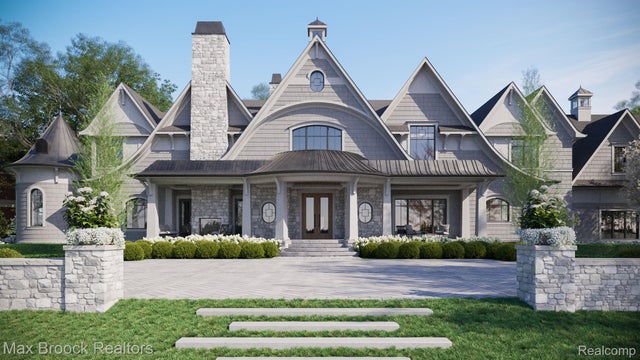

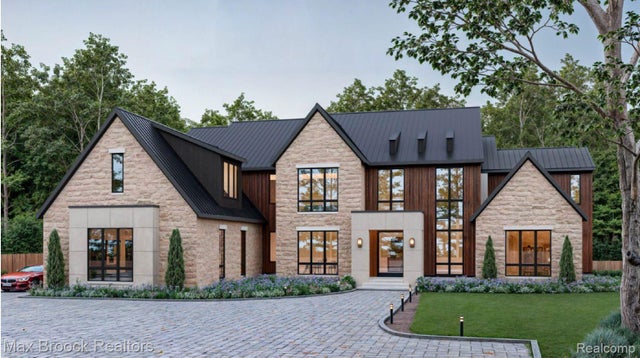

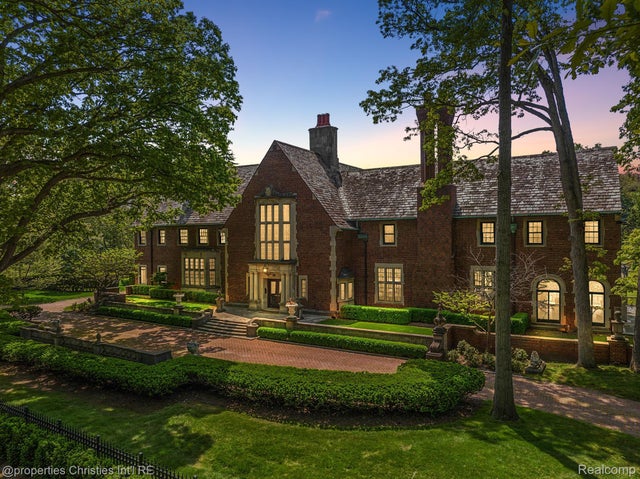

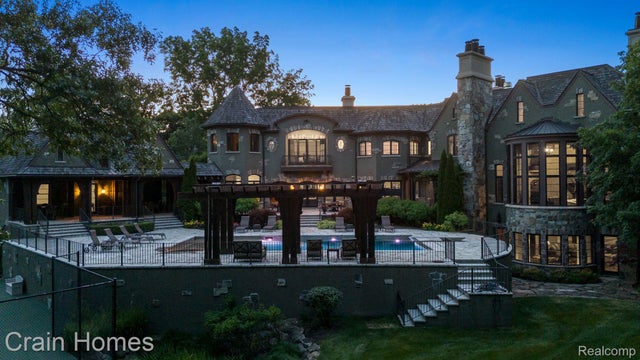
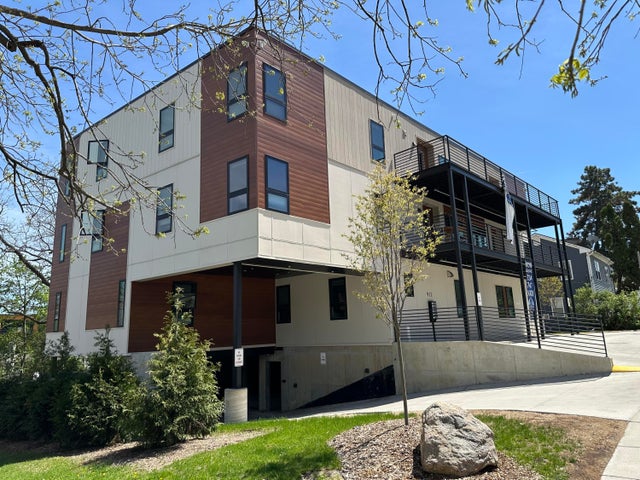
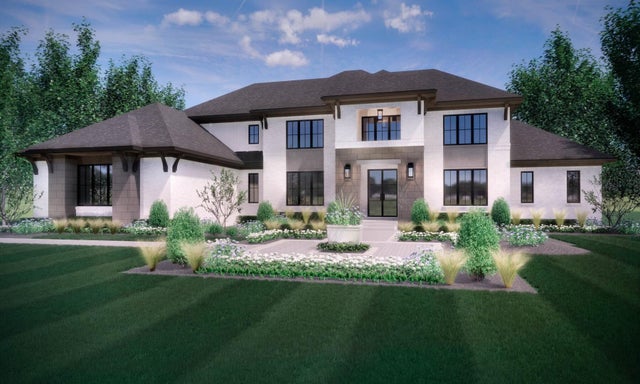
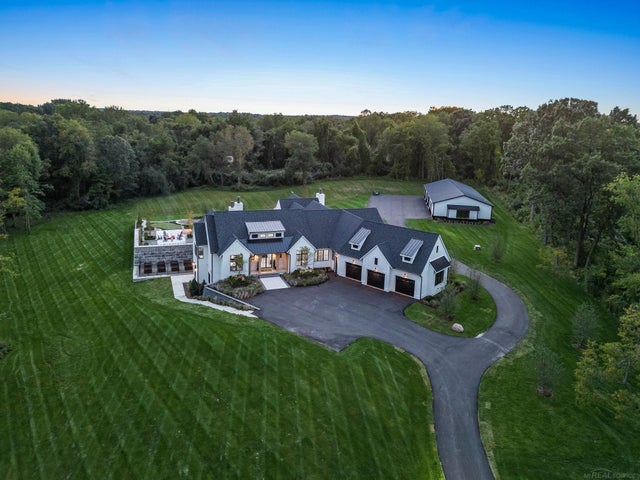
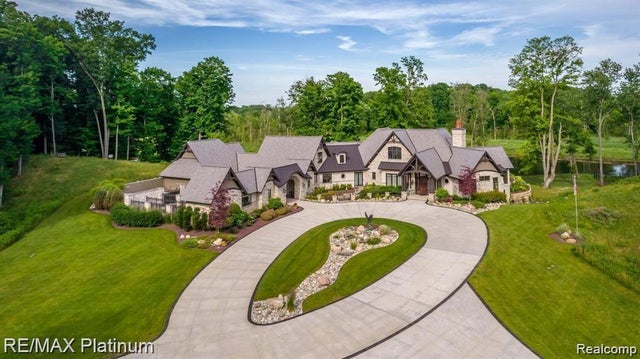

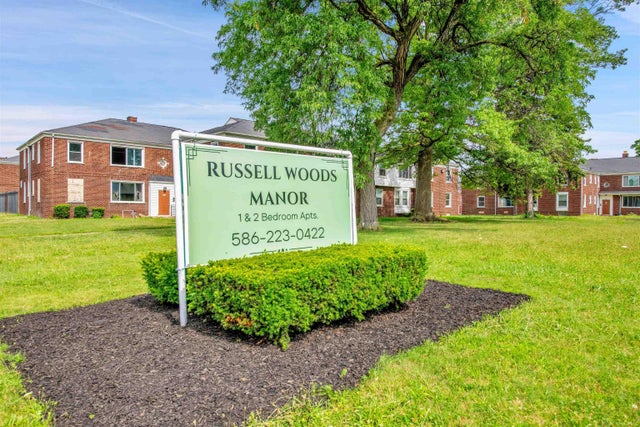
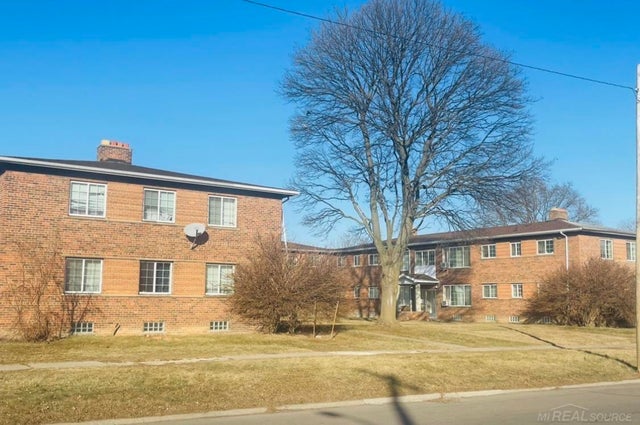


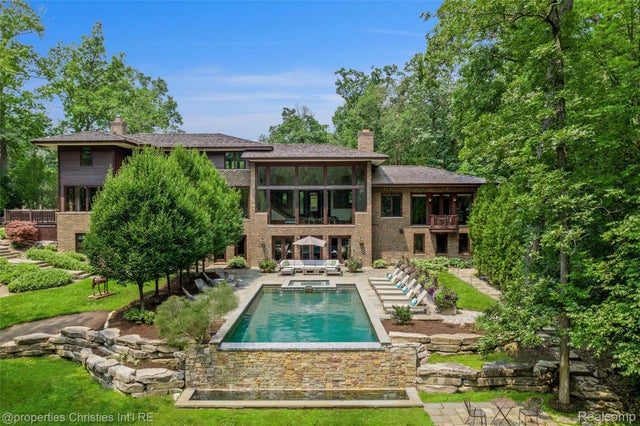
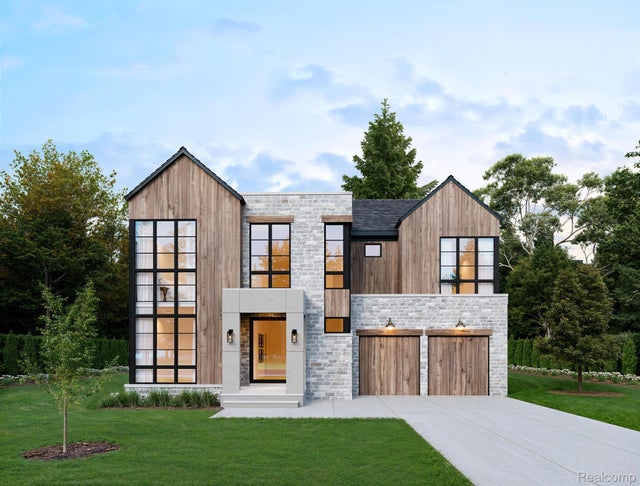
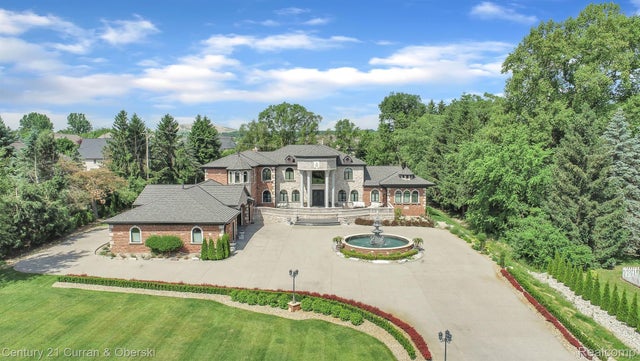
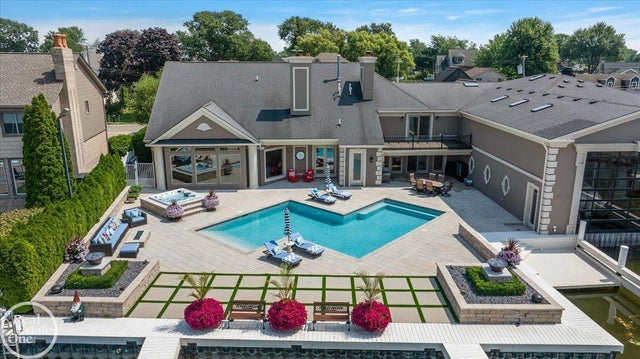



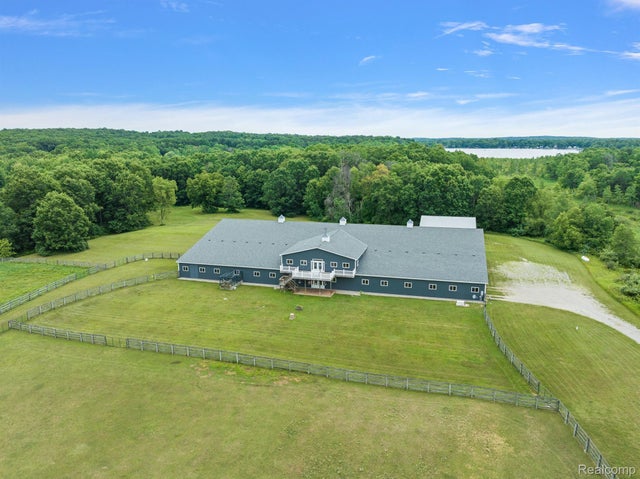

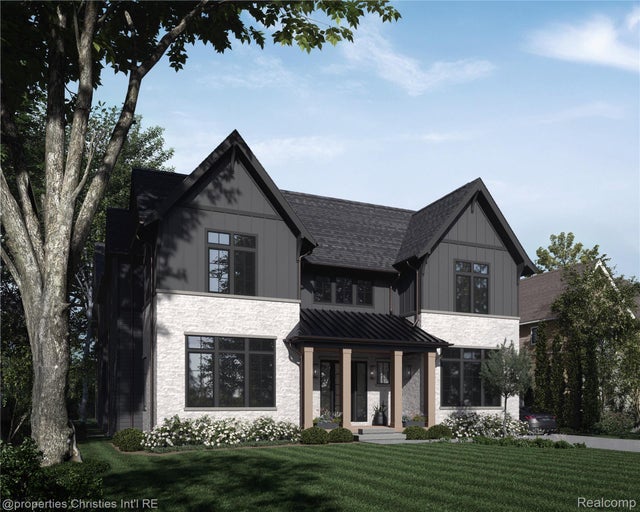
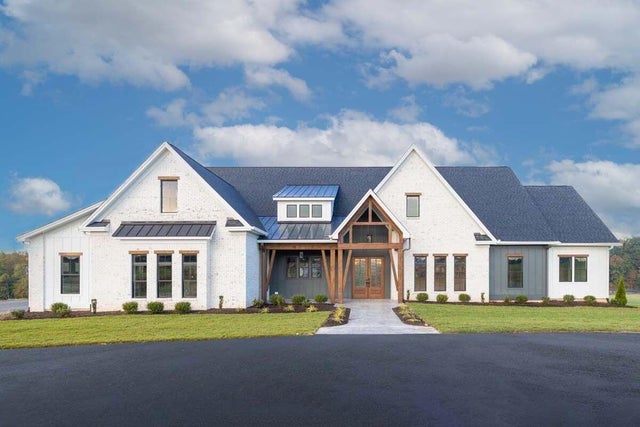
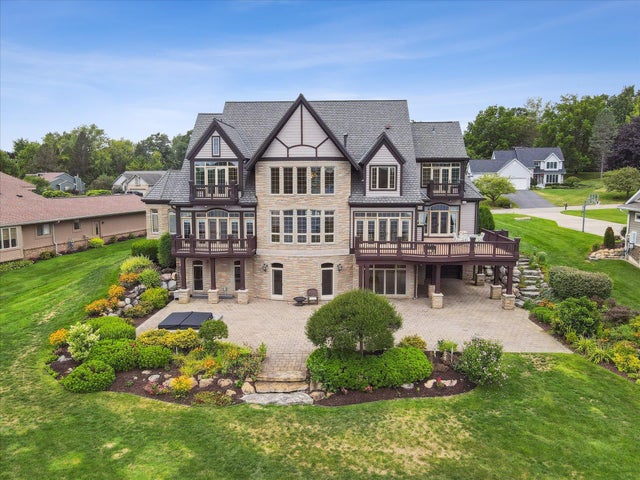
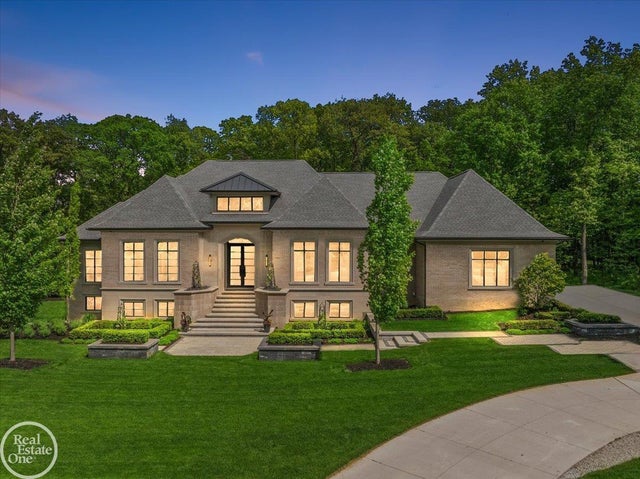

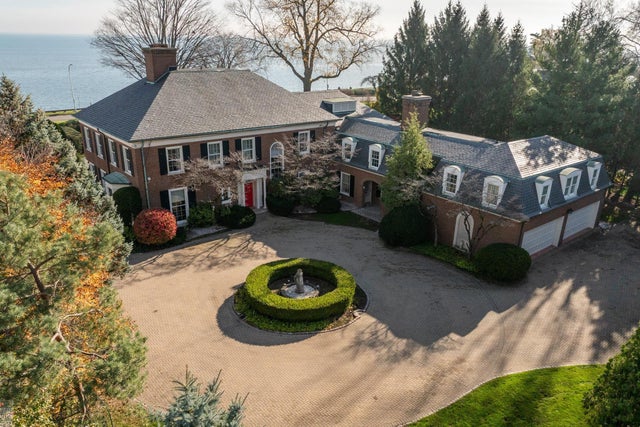
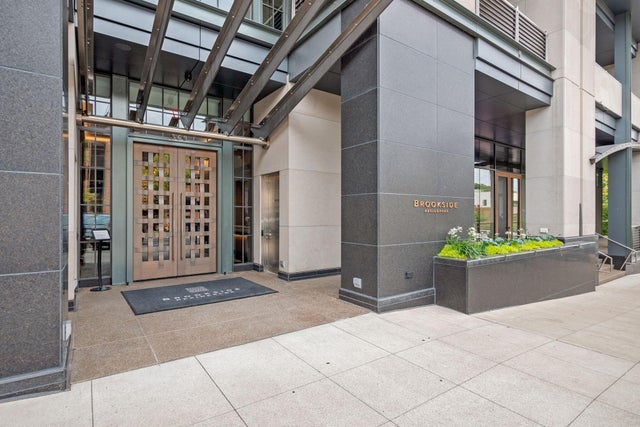

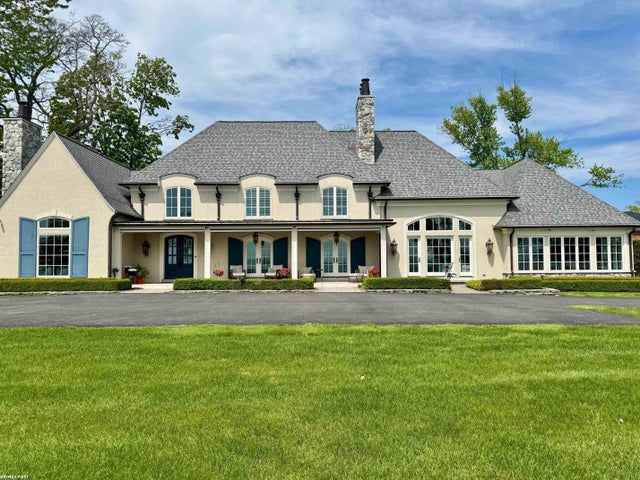
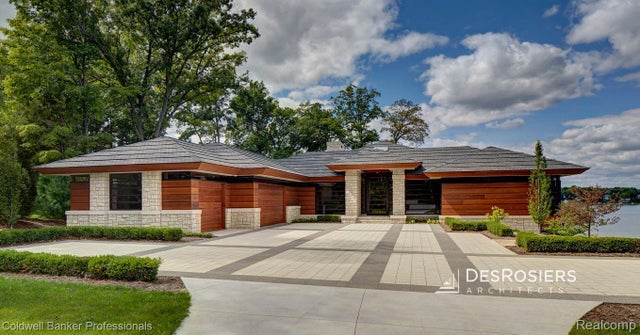

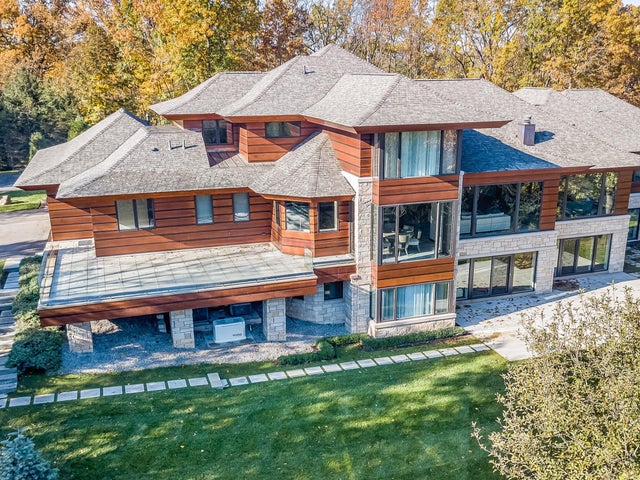
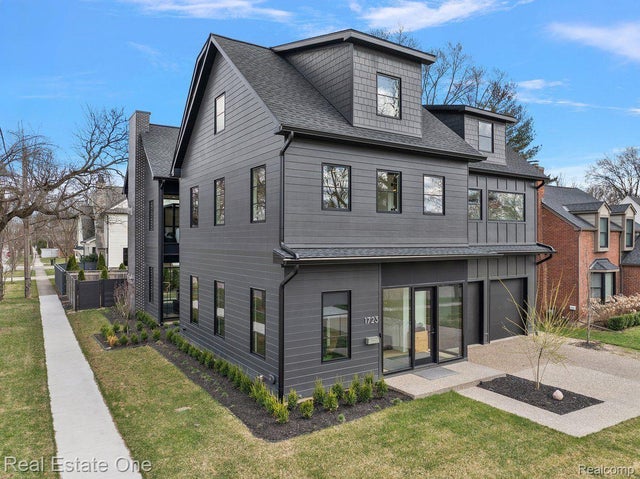
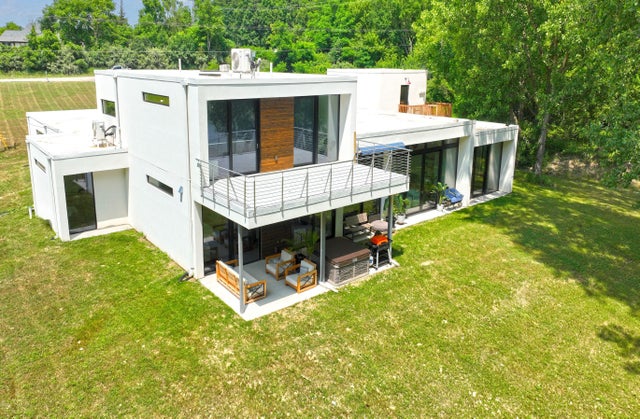

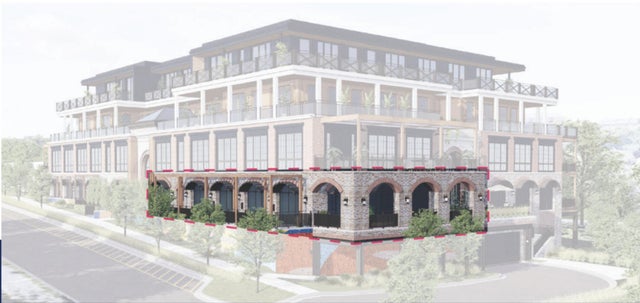
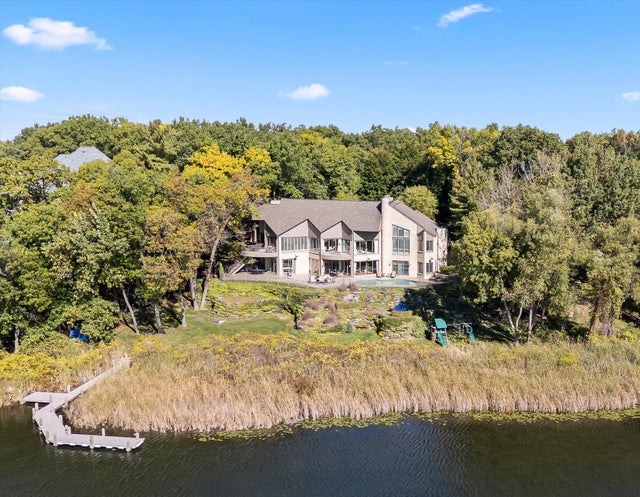

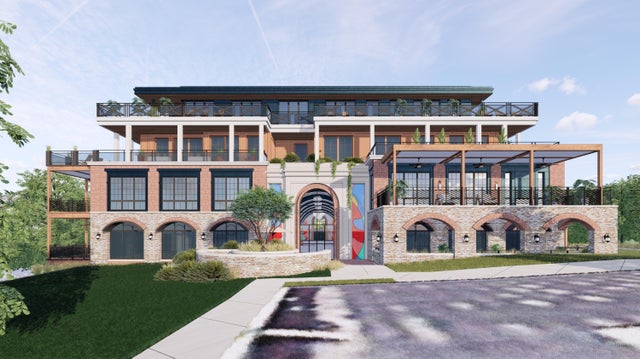
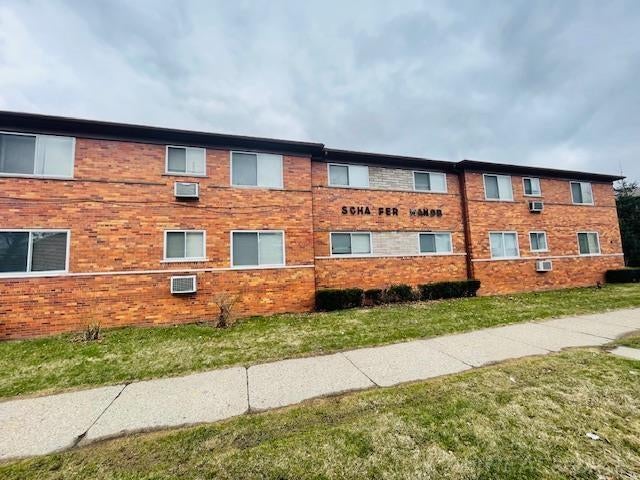
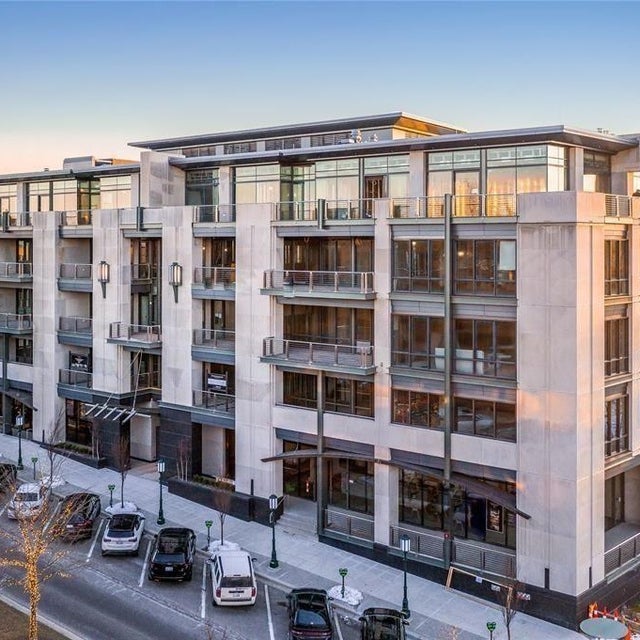
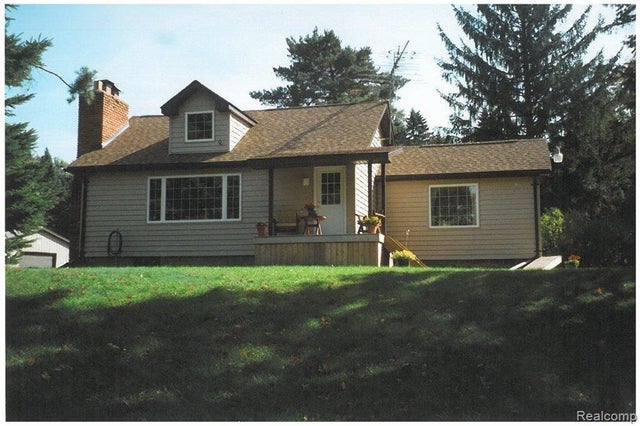
Leave A Comment